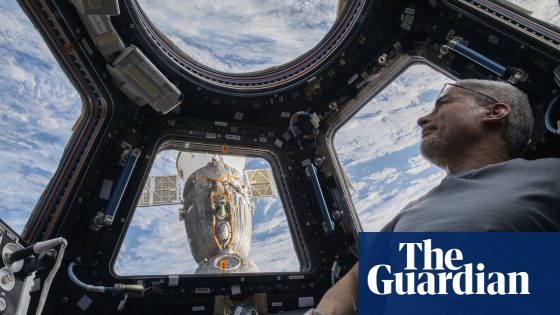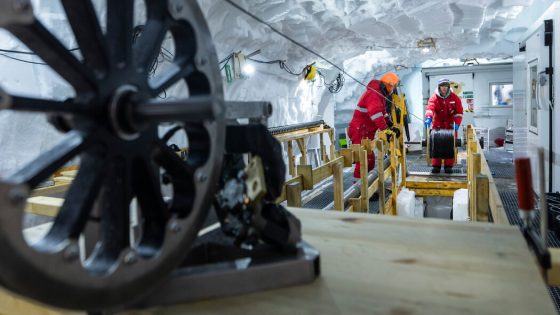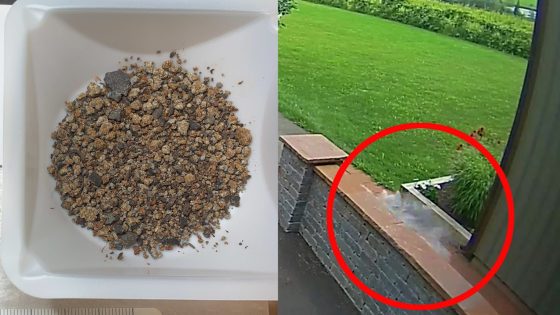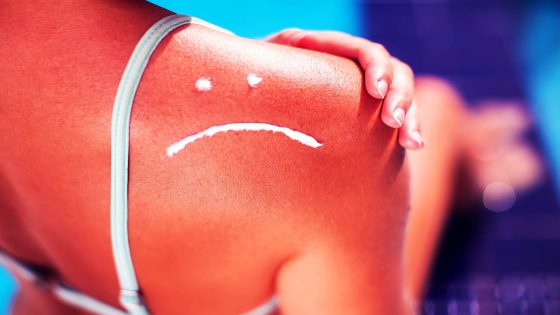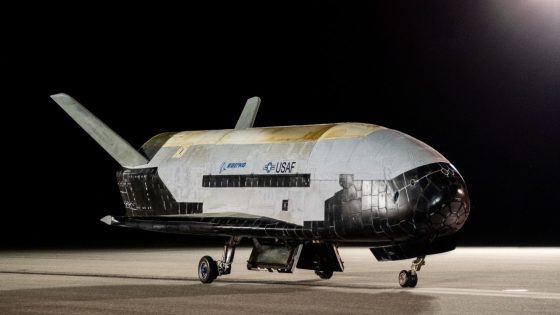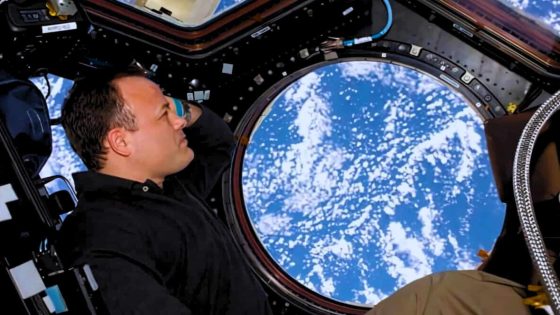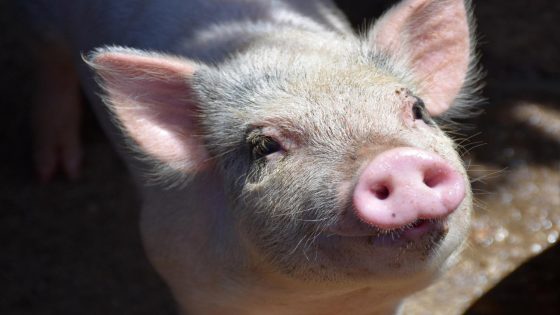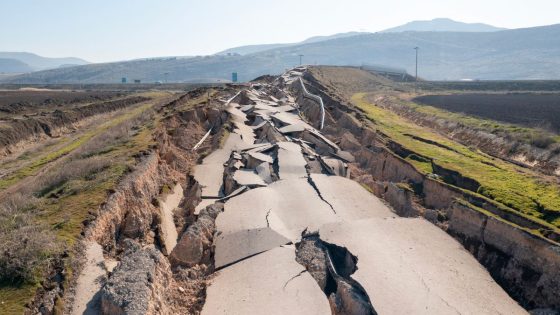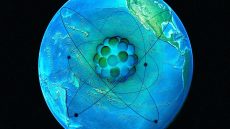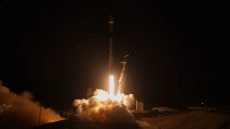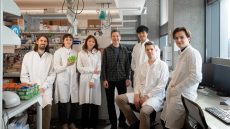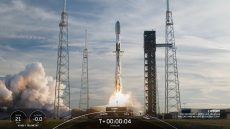Excessive cleanliness on the International Space Station (ISS) might be harming astronauts’ health. A recent study suggests that the sterile environment could lead to immune-related issues. What if a little dirt could actually help?
- Excessive cleanliness may harm astronaut health.
- ISS lacks beneficial environmental microbes.
- Microbial diversity could improve immune function.
- Cleaning chemicals dominate ISS microbial environment.
- Caution needed for introducing Earth microbes.
- Future habitats should mimic Earth's microbial exposure.
Why Is the International Space Station Too Clean for Astronauts?
Have you ever thought that being too clean might be unhealthy? The ISS is so sanitized that it lacks the environmental microbes found on Earth, which are crucial for a robust immune system. This deficiency may explain why astronauts face health challenges, such as rashes and infections, during their missions.
How Microbial Diversity Affects Astronaut Health in Space
Microbial diversity plays a crucial role in maintaining a healthy immune system. On Earth, our bodies are constantly exposed to various microbes that help train our immune responses. However, the ISS lacks these beneficial organisms, leading to increased health problems among astronauts. Researchers believe that introducing specific microbes could create a healthier living environment in space.
The ISS Microbial Study: Key Findings and Implications
In a groundbreaking study, scientists analyzed microbes from 803 surfaces aboard the ISS. They discovered that:
- Human skin was the primary source of microbes.
- Food preparation areas had more food-related microbes.
- The space toilet contained microbes linked to waste.
- The ISS had fewer environmental microbes compared to Earth samples.
Future Space Missions: Balancing Cleanliness and Health
As we explore the cosmos, maintaining astronaut health is paramount. The research team suggests that future space habitats should intentionally foster diverse microbial communities. This approach could mimic the natural microbial exposure found on Earth, promoting better health outcomes for astronauts. Should we rethink our approach to cleanliness in space?
In conclusion, while cleanliness is essential, the ISS may need a more balanced approach to microbial diversity. By incorporating beneficial microbes, we can enhance astronaut health and improve the overall success of long-term space missions.



